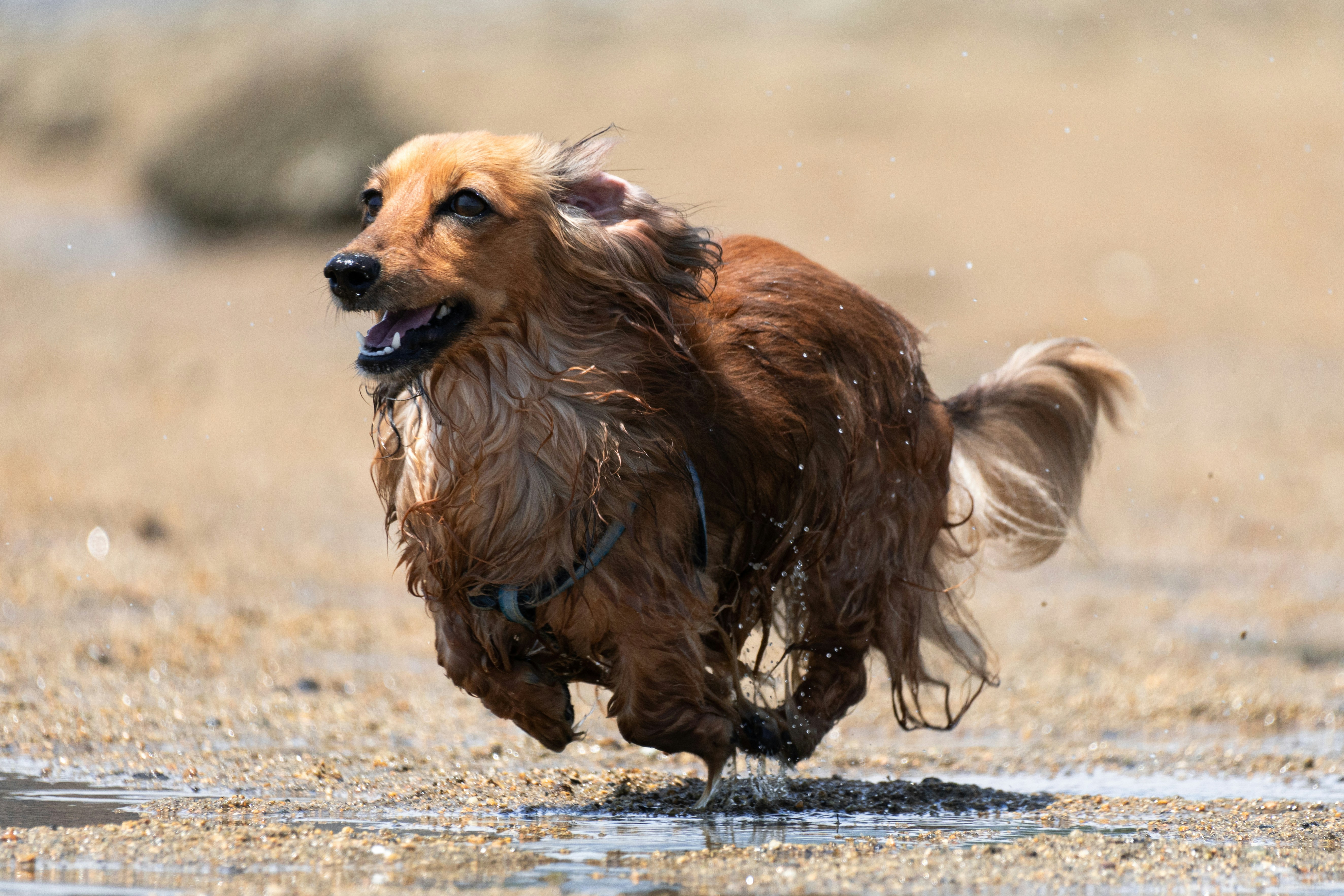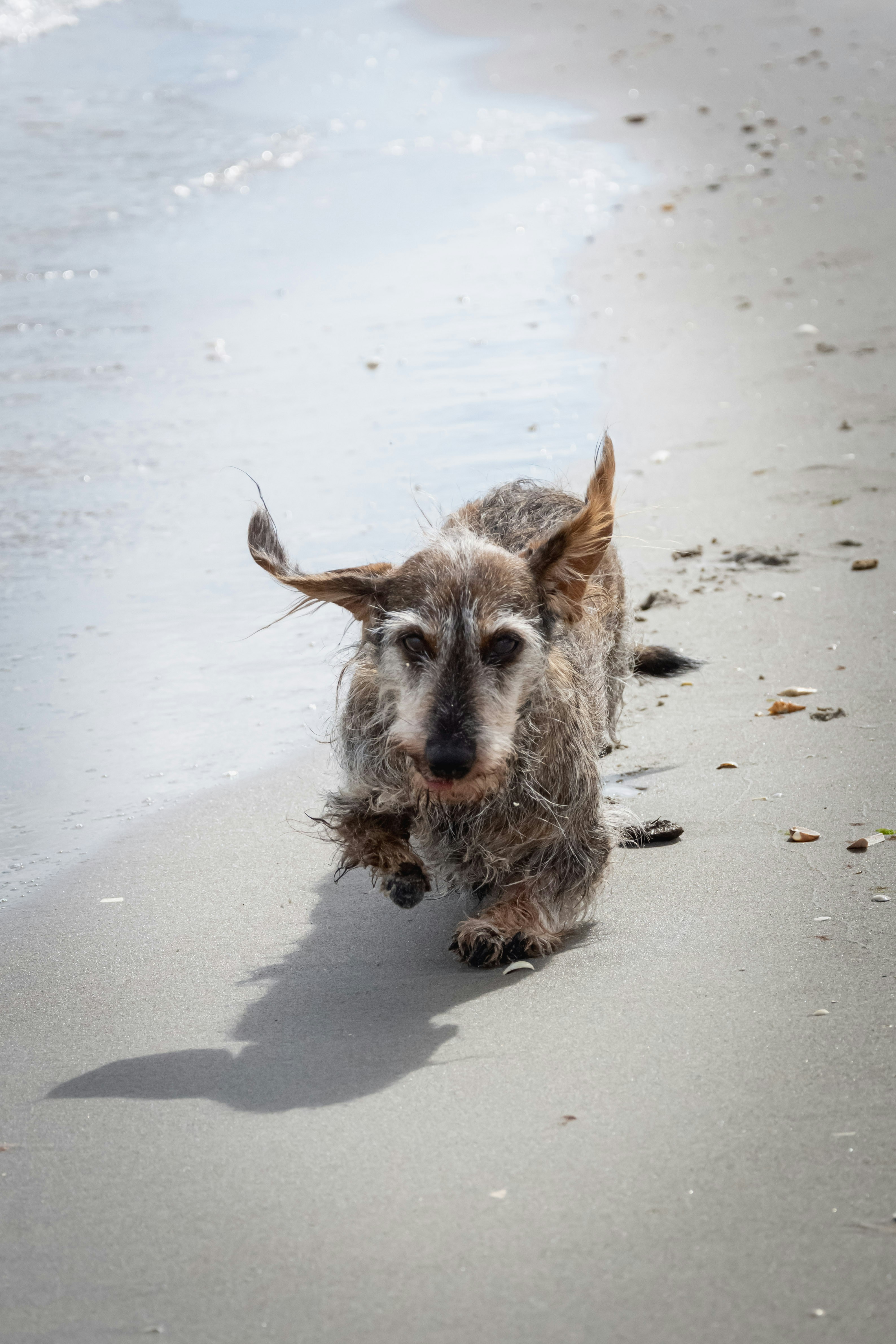Considering a dachshund as a family pet? What you need to Know.
Have you been thinking about adding a furry friend to your family? If so, a Dachshund might be the perfect companion you’re looking for! Known for their unique appearance and lively personality, these little sausages can bring great joy to your home. But before you take the plunge, several important factors must be considered.
This image is property of images.unsplash.com.
Understanding the Dachshund Breed
Dachshunds, often affectionately called “Wiener dogs,” come in three coat types: smooth, longhaired, and wirehaired. Their elongated bodies and short legs create a charming appearance that many find irresistible. But there’s more to these dogs than just cuteness. Understanding where they come from can help you appreciate their personality and behaviour.
A Brief History
Dachshunds were originally bred in Germany to hunt badgers. Their keen sense of smell and tenacity made them excellent for burrowing and tracking. This hunting background explains their curious and sometimes stubborn nature. While they have evolved into loyal family pets, some traits still shine through today.
Size Matters
Dachshunds come in standard and miniature sizes. Standard Dachshunds typically weigh between 16-32 pounds, while miniatures usually weigh under 11 pounds. As you decide which size suits your family, consider the available space and lifestyle.
Temperament and Personality
One of the reasons many people adore Dachshunds is their vibrant personalities. These little dogs can be brave and affectionate, often forming strong bonds with their families. However, their temperament can vary based on genetics, training, and socialization.
Distinct Traits
- Affectionate: They are known for their loyalty and love to be close to their people. You might find them snuggling up beside you while you relax.
- Curious: Dachshunds are naturally inquisitive. Their need to explore can lead to mischief if not properly managed, so be prepared for some adventure!
- Stubborn: This can sometimes make training a challenge. They have their own minds, but with patience and consistency, you can guide them.
- Vocal: Many dachshunds are quite talkative and tend to bark alertly. This can be great as a warning system, but it might not suit every household.
Socialization is Key
To cultivate a well-rounded Dachshund, you must prioritize socialization right from puppyhood. Exposing them to different environments, people, and other pets can enrich their lives and diminish any tendencies toward wariness or aggression.
Considerations for Family Life
Choosing a family pet is a significant decision, and the Dachshund is no exception. Their unique characteristics might fit well into your family dynamic, but consider whether they fit your specific environment.
Space Requirements
Dachshunds are moderately active but don’t require a vast amount of space. A small home or apartment can work if they have room to play and romp. However, they should also have access to outdoor areas to explore and sniff around.
Energy Levels
While Dachshunds enjoy a good play session, they also appreciate quiet downtime. Regular walks and playtime should keep them healthy and happy. Incorporating interactive toys can also provide mental stimulation.
Compatibility with Children
Dachshunds can be wonderful with children, but it’s essential to supervise interactions, especially with younger kids. Teach children how to respectfully play with and handle the dog to foster positive relationships.
Health Considerations
Like many breeds, Dachshunds are prone to certain health issues. Understanding this is vital so you can prepare yourself for any potential veterinary needs during their lifetime.
Common Health Problems
- Intervertebral Disc Disease (IVDD): Due to their long backs, Dachshunds are particularly susceptible to spine-related issues. Keeping your dog at a healthy weight and avoiding excessive jumping can help reduce the risks.
- Hip Dysplasia: This genetic condition can affect their joints. Regular vet visits and an appropriate diet can help manage their health.
- Obesity: Maintaining a balanced diet and regular exercise is crucial, as overweight Dachshunds can suffer from joint and mobility issues.
If you’re committed to a Dachshund, regular check-ups and a good pet insurance plan can alleviate some healthcare-related financial stress.
This image is property of images.unsplash.com.
Grooming Your Dachshund
Maintaining your Dachshund’s coat is an essential part of caring for them. Grooming requirements vary by coat type, but all need attention.
Coat Care
- Smooth Coat: These Dachshunds require minimal grooming. A weekly brush can help to manage shedding.
- Longhaired: A little more effort is needed here. Regular brushing, ideally a few times a week, is necessary to prevent matting and tangles.
- Wirehaired: These beauties require hand-stripping, a technique best learned from a professional groomer. Regular brushing will also help.
Bathing
All Dachshunds should be bathed occasionally, depending on their activity level and how dirty they get. To prevent skin irritation, using a dog-friendly shampoo and ensuring thorough rinsing is essential.
Training Your Dachshund
Training your Dachshund can be a fun and rewarding experience. Given their stubborn nature, you’ll want to approach training with patience and positivity.
Positive Reinforcement
Using treats and praise can be highly effective with your Dachshund. This approach encourages good behaviour and helps build a positive association with training.
Basic Commands
Start with foundational commands such as sit, stay, and come. Consistency is key, and short training sessions tend to work best. Be sure to end positively to keep your dog eager for the next session!
This image is property of images.unsplash.com.
Leaving Your Dachshund Alone
You might wonder whether Dachshunds can be left alone for extended periods. Like any dog, they thrive on companionship, so considering how long you’ll be away from home is worth considering.
Alone Time
While some Dachshunds can be fine for a few hours alone, assessing your dog’s temperament and previous experiences is essential. If you plan to be gone for long stretches, consider arrangements such as:
- Bringing in a dog-sitter or a friend
- Using crates to create a safe space
- Providing plenty of toys and activities to keep them occupied
Separation Anxiety
Dachshunds can develop separation anxiety if left alone too frequently. If you notice signs like excessive barking, destructive behaviour, or attempts to escape, it may be time to reassess your routine and consider some training.
Enriching Your Dachshund’s Life
Keeping your Dachshund happy and entertained is essential for their well-being. Plenty of activities and toys are available to ensure your dog stays engaged.
Interactive Toys
Look for toys that challenge your dog’s mind and require problem-solving. Puzzle feeders, treat-dispensing toys, or even basic interactive fetch games can keep your pup busy for hours.
Doggy Daycare
Doggy daycare can offer excellent socialization and stimulation if you have a busy schedule. It enables your Dachshund to interact with other dogs, making for a happy and well-adjusted pet.
Outdoor Adventures
Regular trips to parks where they can explore on a leash provide physical exercise and mental stimulation. Allowing them to sniff around satisfies their natural curiosity.
Training Classes
Group training classes can also enrich your Dachshund’s life. Not only do they learn, but they also benefit from being around other dogs and people, which helps with socialization.
Final Thoughts
So, should you consider a Dachshund as your next family pet? Ultimately, it depends on your family’s lifestyle and readiness to welcome a new member. They can be exceptionally loving companions but come with distinct personalities and needs. Understanding their traits and taking the necessary steps regarding training, health, and socialization can ensure a wonderful home life for you and your Dachshund.
When you’re ready, embracing a Dachshund can lead to laughter, love, and countless adventures. With the right preparation and care, your new canine friend will bring happiness for years.


